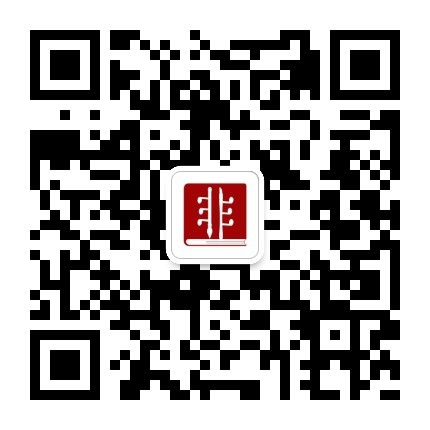【亚洲•韩国】济州海女文化非物质文化遗产项目
2018-02-05 11:09
济州岛海女文化覆盖整个济州岛全域,海女文化包含被称为“潜女”“潜嫂”的海女、济州海女共同体内长期世代相传的赶海技术、向海的女神——龙王奶奶祈求富饶和平安的潜水祭以及海女之歌等。
济州海女运用对大海内的暗礁和海产品栖息地等的海洋有关的认知式地图,结合亲环境的捕捞技术进行赶海作业,捕捞海产品。海女们在不佩戴氧气瓶的情况下,潜至水下10米左右的深度,并持续一分钟左右,捕捞海产品。根据海女的赶海技术,济州海女共同体将海女分为上军、中军、下军(高级、中级、初级)三个军团。
济州海女文化为提高女性在以男性为中心的儒教社会——韩国的地位发挥着积极作用,不仅如此,海女文化具有赶海作业的可持续性、对弱者的照顾、奉献并参与公益、保护生态等优点,这些都是人类社会追求
可持续发展不可缺少的价值。
济州海女文化通过积极推动共同体的社会凝聚力和发展文化的可持续性活动、提高社会对女性工作重要性的认识、促进海女共同体与其它类似共同体间的文化交流等,坚持为提高无形文化遗产的可视性做贡献。2016年12月1日,济州海女文化长期以来的努力得到认可,被联合国教科文组织列入人类无形文化遗产名录。
The sea women culture of Jeju Island covers the whole area of Jeju Island. The sea women culture includes the sea women known as "Qiannu" and "Qianwei". The sea women community in Jeju has long passed on the technology of driving the sea, the diving sacrifice of Grandma Longwang, the goddess of the sea, and the song of the sea women. Zhou Hainu used the cognitive map of the reefs and seafood habitats in the sea, combined with the pro-environment fishing technology to catch seafood. Without wearing oxygen cylinders, the seagirls dived to a depth of about 10 meters underwater for about a minute to catch seafood. According to Hainu's technology of catching up with the sea, the Hainu Community of Jezhou divides Hainu into three corps: the upper, the middle and the lower.
Jeju Hainu Culture has played an active role in improving the status of women in the male-centered Confucian society-Korea. Moreover, Hainu Culture has the advantages of sustainability of catching up with the sea, care for the weak, dedication and participation in public welfare, and ecological protection. These are the pursuits of human society.
The indispensable value of sustainable development. By actively promoting the community's social cohesion and developing the sustainable activities of culture, raising the awareness of the importance of women's work in society, and promoting cultural exchanges between the community and other similar communities, Jezhou Hainu Culture insists on contributing to the improvement of the visibility of intangible cultural heritage. On December 1, 2016, the long-term efforts of Hainu culture in Jezhou were recognized and included in the list of intangible cultural heritage of mankind by UNESCO.

